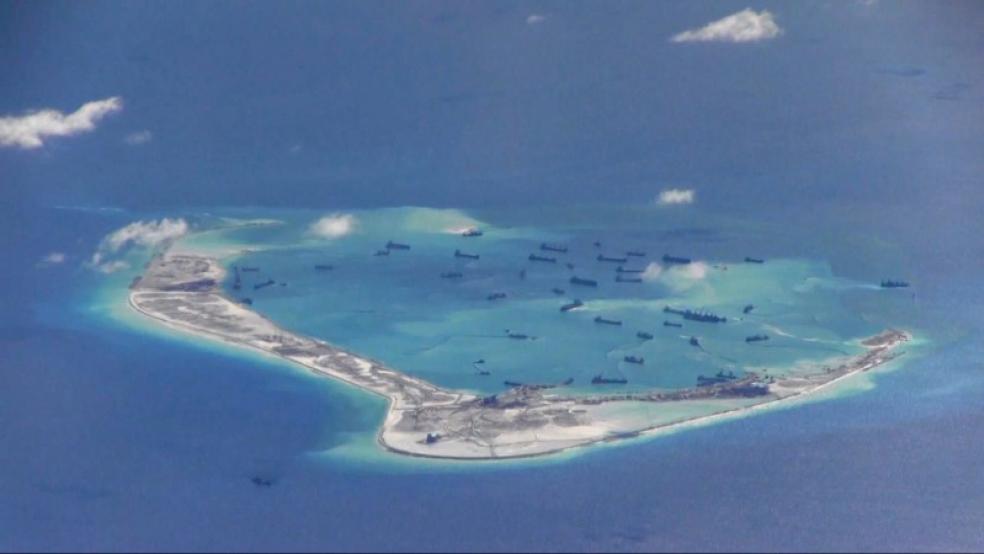China imported 1.6 million tonnes of coal from North Korea, according to data from Beijing's General Administration of Customs, the first since February when Beijing banned purchases of the fuel from its northern neighbor.
The release comes after data on Saturday showed China's trade with North Korea jumped in August even after the U.N. sanctions, mainly driven by a rise in imports.It was not immediately clear why the data showed coal shipments had resumed. A customs official said she would investigate the matter. A spokesman for the foreign ministry at a daily briefing said it would refer the issue to customs.The volume of coal was similar to the monthly average for the six months before the Chinese government's ban and its value of about $140 million was in line with a jump in total imports from July.Last month, the U.N. Security council unanimously imposed new sanctions on North Korea targeting its exports of coal, iron ore, lead, lead ore and seafood. The sanctions took effect this month, but China enforced the new measures from Aug. 15. China's gasoline shipments to North Korea were kept at a trickle at 180 tonnes, up slightly from July's 120 tonnes but down from almost 5,000 tonnes a year earlier. Diesel were just 170 tonnes, compared with zero tonnes a year ago.At the end of June, Reuters reported China National Petroleum Corp [CNPET.UL](CNPC) suspended sales of gasoline and diesel to North Korea over concerns CNPC would not get paid for its goods. The measures are still in place, sources familiar with the matter say.Fuel prices in the country have surged in recent months, people familiar with the matter say.Iron ore arrivals from North Korea were 143,343 in August, the lowest since December and down from 175,980 in July. Imports were down 27 percent on a year ago, according to customs' records.Lead concentrate imports were 14,216 tonnes, the highest on Reuters' records going back to 2010, reflecting a scramble by smelters near the border to secure material ahead of the sanctions. (Reporting by Josephine Mason and Stella Qiu; Editing by Richard Pullin)China's fuel exports to North Korea slow again, but coal imports return: customs

Kim Kyung Hoon



